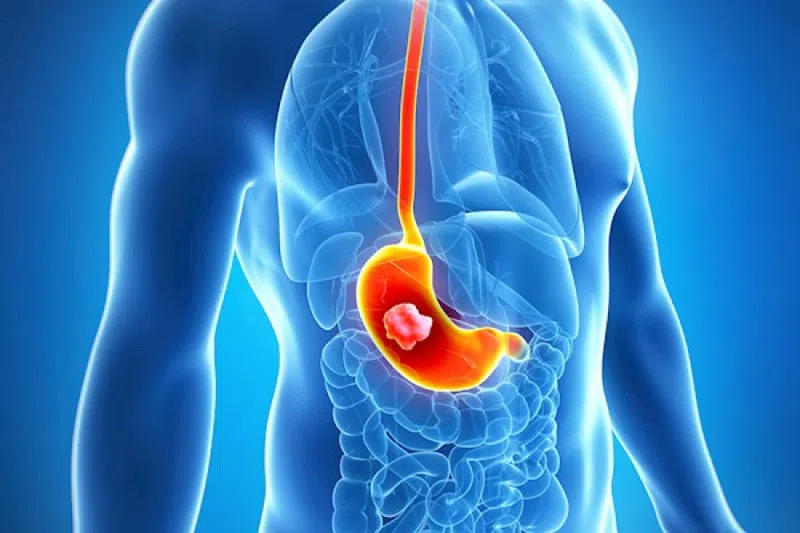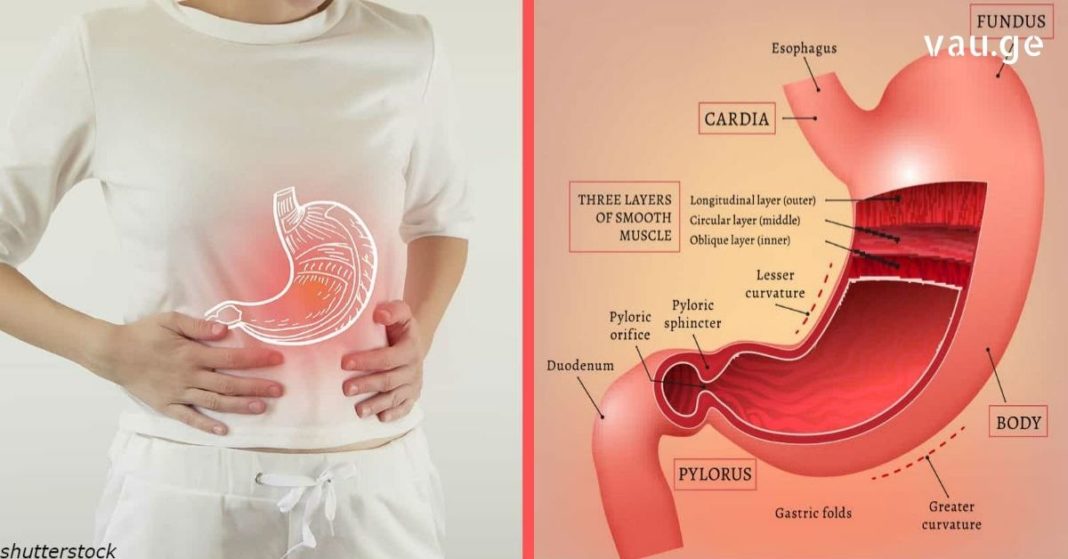Gastritis, an inflammation of the stomach lining, is a condition that affects many people worldwide. It can be caused by a range of factors including stress, poor diet, bacterial infections (like Helicobacter pylori), and overuse of certain medications. While medical intervention is sometimes necessary, many individuals can find significant relief from gastritis symptoms through simple and natural home remedies. Below, we explore some of the most effective methods to alleviate gastritis discomfort with items you may already have in your kitchen.

1. Gelatin – A Nutrient-Rich Soother for the Stomach
Gelatin is a food product derived from collagen and is widely recognized for its healing properties, especially when it comes to the gastrointestinal system. Rich in amino acids, vitamins, and minerals, gelatin plays a vital role in restoring the stomach lining and supporting the body’s natural healing mechanisms.
One of the easiest ways to consume gelatin is by preparing a cold gelatin drink. Simply dissolve unflavored gelatin in warm water, let it cool, and refrigerate. When you experience the burning sensation associated with gastritis, sipping cold gelatin can provide almost instant soothing relief. It coats the stomach lining, reduces inflammation, and helps regenerate irritated tissues.
2. Bananas – A Gentle, Healing Fruit
Bananas are one of the most recommended fruits for people suffering from gastritis. Thanks to their high fiber content and antioxidant properties, bananas aid in digestion and offer a natural way to manage stomach acidity.
Being fat-free and soft in texture, bananas are easy to digest and help create a protective layer on the stomach’s inner walls. This helps regulate pH levels by reducing excess stomach acid — a common cause of ulcers, burning sensations, and irritation. Eating one or two ripe bananas daily can significantly improve symptoms over time.
3. Rice Water – A Traditional Digestive Remedy
Rice water is an age-old home remedy used across cultures to soothe gastrointestinal distress. When rice is boiled, the resulting water is infused with starches and fibers that promote healthy digestion. This liquid acts as a demulcent, meaning it forms a soothing film over mucous membranes to relieve minor pain and inflammation.
To prepare, boil white or brown rice in plenty of water without adding any salt, oil, or spices. Once the rice is fully cooked, strain the liquid and allow it to cool. Drink a cup of this rice water two to three times a day to reduce stomach irritation, calm inflammation, and promote healing from within.
4. Limit Irritating Foods – Protecting Your Stomach from Within
Certain foods are known to trigger or worsen gastritis symptoms. These include dairy products (especially full-fat milk and cheese), spicy foods, fried foods, caffeine, carbonated drinks, and alcohol. These items can disrupt the stomach’s pH balance and increase acid production, which further damages the stomach lining.
It is crucial to temporarily eliminate or significantly reduce these irritants from your diet until symptoms subside. Once you begin feeling better, you can slowly reintroduce certain foods in moderation, while observing how your body reacts. Prioritizing a bland, low-acid, anti-inflammatory diet will speed up recovery and reduce flare-ups.
5. Drink Plenty of Water – Hydration as a Healing Tool
Proper hydration is often overlooked in digestive health. Drinking enough water helps maintain the mucosal lining of the stomach and supports the natural digestion process. When the body is dehydrated, the stomach produces more acid, increasing the risk of irritation and erosion of the stomach lining.
Aim to drink between 6 to 8 glasses of water each day. If you find plain water unappealing, try adding a few drops of fresh lemon juice or drink herbal teas such as chamomile, ginger, or fennel, which also have anti-inflammatory and calming effects on the stomach.
6. Consult a Doctor – Natural Remedies with Professional Guidance
While these home remedies are highly effective in managing mild to moderate gastritis, it is always important to consult a healthcare professional. A doctor can assess the underlying cause of your gastritis, perform necessary tests (such as endoscopy or H. pylori testing), and recommend personalized treatments including medication, dietary adjustments, or supplements.
Home remedies work best when combined with professional advice. In some cases, gastritis can lead to complications such as ulcers, bleeding, or chronic inflammation if left untreated.
Final Thoughts
Relieving gastritis symptoms doesn’t always require complex treatments or expensive medications. By turning to simple, time-tested remedies such as gelatin, bananas, rice water, and proper hydration, you can naturally support your body’s healing process. Additionally, by eliminating irritating foods and working closely with your healthcare provider, you can take control of your digestive health and enjoy lasting relief.


















